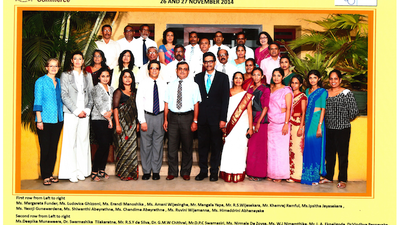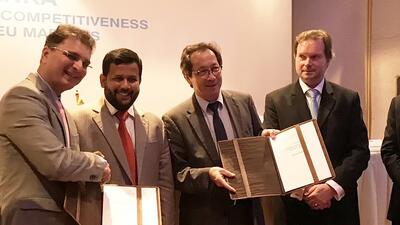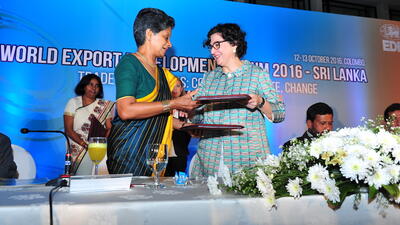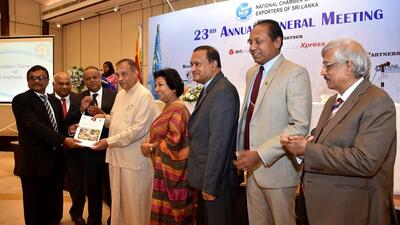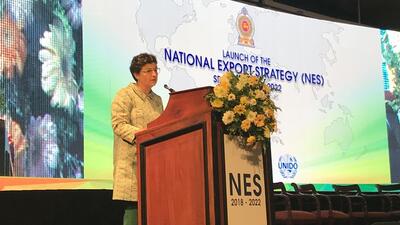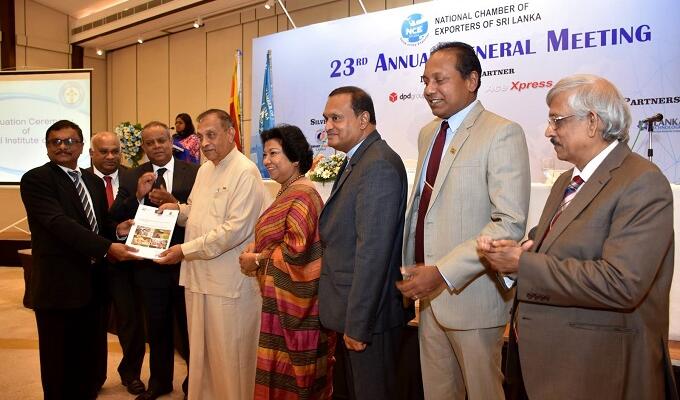
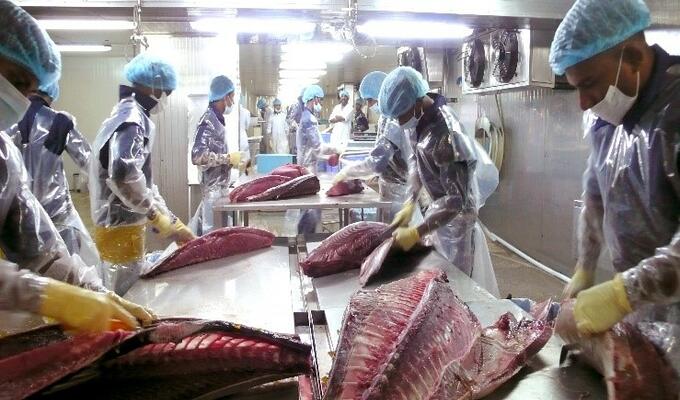
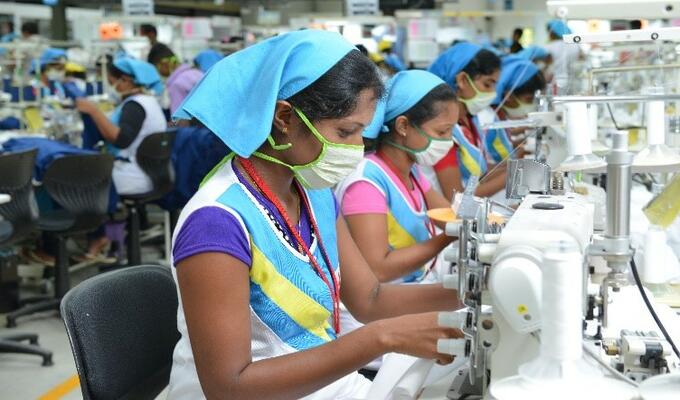
Connecting Sri Lankan businesses to to European markets (en)
The first phase of a project that aims to increase the competitiveness of Sri Lankan small and medium enterprises (SMEs) in regional and EU markets is already producing positive results in supporting trade-led growth. The project has a strong focus on training and skills development. It focuses on export strategy, trade policy and facilitation, national quality infrastructure and value chains in the spices, food and information technology and business process management sectors.
The EU-Sri Lanka Trade-Related Assistance Project is funded by the European Union (EU). It is implemented by the International Trade Centre (ITC) and the United Nations Industrial Development Organisation (UNIDO), and has been designed and is jointly managed with the Government of Sri Lanka. The four-year project started in November 2016 with a budget of €8 million.
‘Sri Lanka is currently engaged in Free Trade Agreements and further negotiating trade agreements that seek greater market access in selected markets. The project supports Sri Lanka by strengthening government officers’ capacities to conduct trade negotiations, developing private sector skills to export and contribute to policy making, and creating a much-desired stakeholder awareness on the concomitants of international trade,’ said Ms. Sonali Wijeratne, Director-General of Commerce, Sri Lanka’s Department of Commerce.
One of the expected results of the ITC-led project is to strengthen national capacities for the formulation and implementation of trade negotiations, to support the private sector to engage in business advocacy for coherent trade policy formulation and implementation, and to stimulate public-private policy dialogue on pressing trade policy, regulatory and negotiation issues.
Last May, Sri Lanka was granted better access to the EU for its exports under the EU's Generalised Scheme of Preferences Plus (GSP+). Being able to export more to the EU will help Sri Lanka's economy develop and create more and better jobs for its people. A GSP+ business guide for Sri Lankan SMEs has been published in English, Sinhala and Tamil. The guide provides practical and business information to Sri Lankan SMEs on the EU preferential market access conditions.
Rules and regulations
‘The GSP+ Guide will enable Sri Lankan exporters to be aware of the rules and regulations, and the criteria to be fulfilled in order to benefit from the facility. As a Chamber which serves exporters exclusively, we highly appreciate the initiative taken to provide exporters with clear and accurate information on GSP+,’ said Mr. Shiham Marikar, Secretary-General and Chief Executive Officer of the National Chamber of Exporters of Sri Lanka.
As part of the ITC-led project, more than 240 representatives from the public and private sectors have enhanced their understanding of trade policies and increase their trade negotiation skills through eight workshops in Colombo, Kandy, Galle and Jaffna. In addition, 20 private sector representatives have increased their business advocacy skills as a result of training programmes in Colombo and Brussels.
A trade-policy training curriculum is currently being developed and embedded within country organizations, including the Postgraduate Institute of Management and the National Institute of Exports, which have incorporated courses on international trade law and economics in their own training curricula.
‘As a result of the project, the Ceylon Chamber of Commerce (CCC) has identified areas for improving its business advocacy and diagnostic work. We have learned how we can strengthen and capitalize our existing network in Sri Lanka. It is very important for us to work together with other private sector chambers as well as public institutions to lobby for certain things to achieve bigger impact,’ said Ms. Jayani Ratnayake, Economist at CCC.





